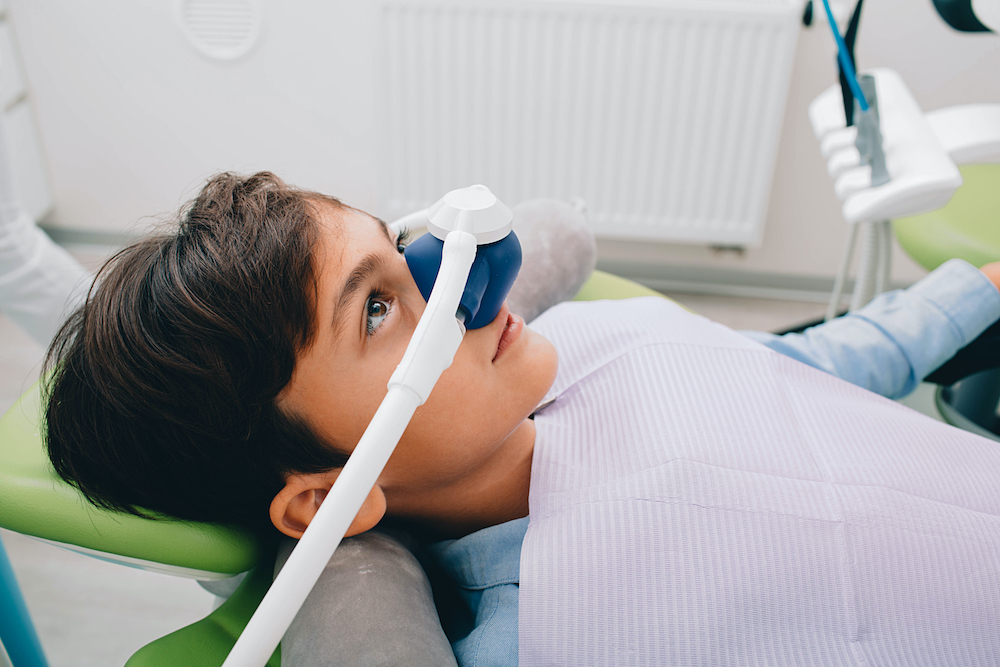Pediatric Anesthesiology
A pediatric anesthesiologist is someone who specializes in delivering pain management treatment to children. In our office, Dr. Bietenholz is our anesthesiologist. Dr. Bietenholz brings a high level of experience and expertise to our office, helping to ensure your children are in the safest care possible.
Our team of specialists is highly trained to support children and understand the intricacies of pediatric dentistry. Delivering anesthesia to a child is a very different process than is delivering it to an adult, and we do what we can to maintain a calm and positive atmosphere by answering all of your questions beforehand, as well as doing our best to make sure your child understands what is going on at all points of their dental visit.
We offer both oral & IV sedation, in addition to nitrous oxide analgesia in our office. We also offer hospital dentistry at Wolfson Children’s Hospital.

About Anesthesiology
Anesthesiology plays an important role in optimal dental care by minimizing pain and making it possible for dental work to be completed with as little discomfort as possible. Children often have a difficult time understanding the concept of anesthesia, and we make it our goal to deliver the anesthesia in a way that is comfortable for every child and parent.
We ask that parents remain calm and supportive during all dental visits, especially when a child is about to get anesthesia. Maintaining a calm presence is essential for a good experience at the dentist.
Anesthesia may be recommended for dental treatments like:
Cavity repair
Oral surgery
Anesthesia is not required for all dental work, but in some cases where extensive dental correction is necessary, it is highly recommended. Children, especially those under the age of five, are prone to cry when nervous or in pain, and a visit with the dentist can cause anxiety.
There are several levels of anesthesia. Local anesthesia is a mild pain management solution that numbs the area of the mouth being treated. This is the go-to treatment method for much dental work, as it does not require that the patient is entirely sedated but successfully minimizes pain.
Sometimes, this form of anesthesia works for children, while in other situations it is judged best that the child sleeps during the procedure. This second form of anesthesia is called sedation or general anesthesia. Dr. Bietenholz will discuss the anesthesia options in detail with you on a case by case basis
